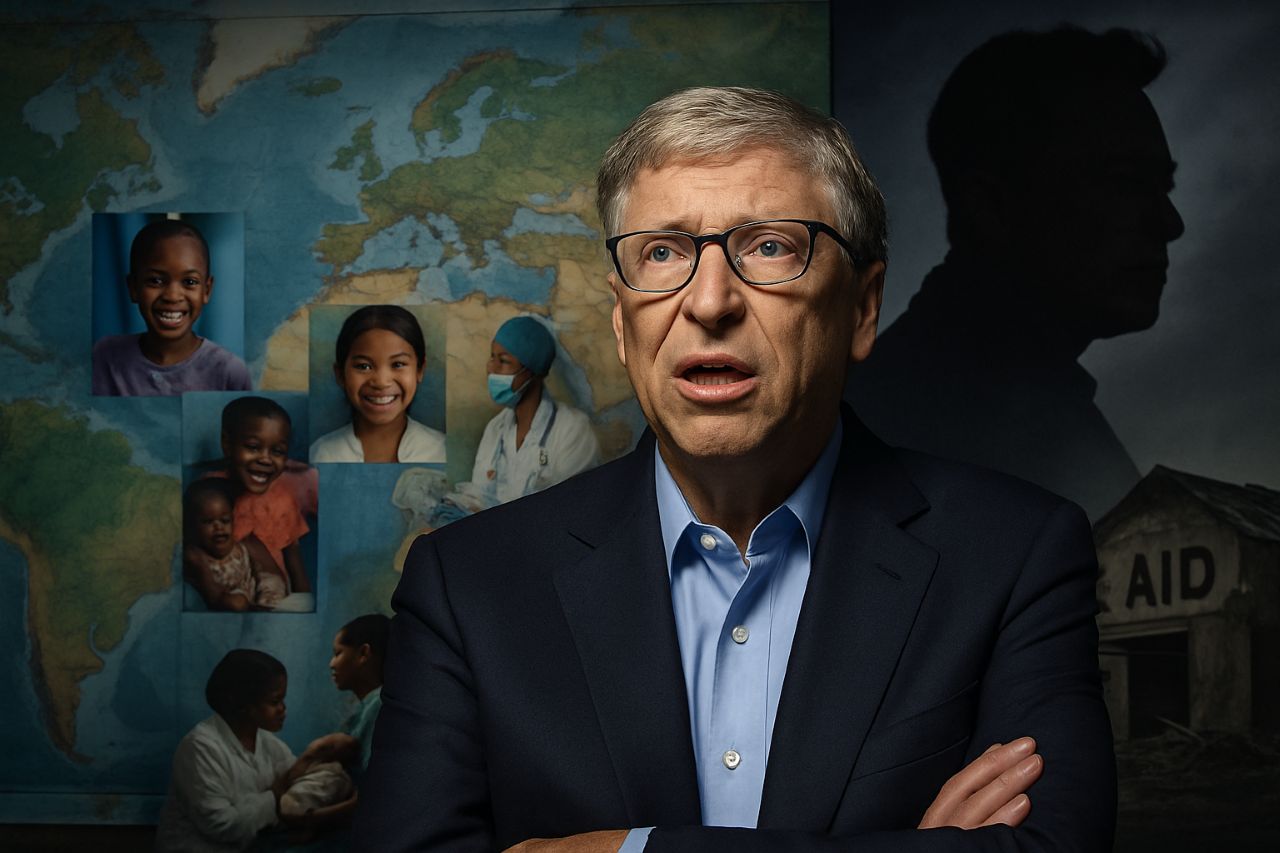
A Philanthropic Moonshot
Bill Gates, the Microsoft co-founder who has spent a quarter-century reshaping global health and development, has just announced the most audacious act of philanthropy in modern history
He will give away nearly all of his fortune—an estimated $200 billion—by 2045, then close the doors of the Gates Foundation for good. The move, which Gates says is inspired by Andrew Carnegie’s famous dictum that “the man who dies thus rich dies disgraced,” is both a personal reckoning and a strategic bet on the next two decades as a make-or-break window for global progress.
I’ve followed Gates’ philanthropic journey for years, but this announcement feels different. It’s not just the scale—though $200 billion is a number that almost defies comprehension. It’s the urgency. Gates is accelerating his giving, not to create a perpetual legacy, but to solve problems now, while the world teeters between progress and backsliding.
Why Now? The World’s Poorest at a Crossroads
Gates’ decision comes at a time when international aid is in retreat. The U.S., under the influence of Elon Musk and the so-called Department of Government Efficiency (“Doge”), has gutted the U.S. Agency for International Development (USAID), the main pipeline for American foreign aid. European donors are also pulling back. Gates, who has always believed that private philanthropy can’t replace government action, is sounding the alarm: “There are too many urgent problems to solve for me to hold onto resources that could be used to help people,” he wrote in a letter explaining his decision.
The Gates Foundation, which has already spent $100 billion over 25 years, will now double that in just 20. The focus: eradicating diseases like polio and malaria, slashing maternal and child mortality, and giving millions a shot at prosperity through education and health. Gates is betting that a concentrated burst of spending can achieve what slow, perpetual giving cannot—once-and-for-all solutions to humanity’s most stubborn problems.
The Musk Factor: A Feud with Real-World Consequences
But this is not just a story about generosity. It’s also about a bitter feud between two of the world’s most famous billionaires. Gates has accused Musk—now the world’s richest man and a key player in President Trump’s administration—of “killing the world’s poorest children” by championing aid cuts that have left life-saving food and medicines expiring in warehouses and threatened the resurgence of diseases like measles, HIV, and polio.
In a particularly pointed anecdote, Gates described how Musk’s department canceled grants to a hospital in Mozambique that prevents mothers from transmitting HIV to their babies—apparently because Musk confused the African province of Gaza with the Palestinian territory. “I’d love for him to go in and meet the children that have now been infected with HIV because he cut that money,” Gates told the Financial Times.
The two men have clashed before, most famously when Musk called philanthropy “bullshit” and accused Gates of hypocrisy for shorting Tesla stock. But this time, the stakes are not just reputational—they’re existential for millions.
Can Philanthropy Fill the Gap?
Gates is clear-eyed about the limits of even his vast fortune. The U.S. government alone spent four times more on global health last year than the Gates Foundation. “Private philanthropy cannot make up the shortfall from the cuts to USAID,” he said, warning that without government support, progress against child mortality and infectious diseases could reverse.
Still, Gates is determined to make his final act count. He’s passing on less than 1% of his wealth to his children, advocating for a strong estate tax, and urging other billionaires to step up. “People will say a lot of things about me when I die, but I am determined that ‘he died rich’ will not be one of them,” he wrote.
The Last Chapter
As Gates approaches his 70th birthday, he calls this the “last stage” of his career. In a recent interview, he joked that he’ll save enough to buy hamburgers, but little else. “I should make sure that it’s well spent. And now this is the last stage of all that,” he told CBS.
I can’t help but think of the paradox here: the world’s richest men, locked in a battle not just of egos, but of visions for humanity’s future. Gates, betting on targeted, urgent philanthropy; Musk, on technological moonshots and government austerity. The outcome will shape not just their legacies, but the lives of millions.
If Gates is right, the next 20 years could see the end of diseases that have plagued humanity for centuries. If he’s wrong—or if the world fails to follow his lead—the cost will be measured in lives lost, not just dollars unspent.
